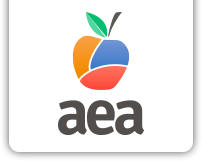Pre-K Director builds community support for early education
Kathleen Hale is spending more time in Pre-K classrooms, as the coronavirus disrupts educators’ lives and leaves the program she oversees short-staffed. While it takes time away from her normal duties as the director of Pre-K Programs for Fayetteville Public Schools, Hale does not mind one bit.
“I love being in the classroom,” she said. “It’s my why. It’s why I get up in the morning to see these children thriving and learning, and having experiences they otherwise would not normally have. It does my heart good.”
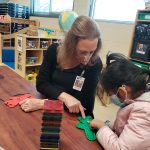
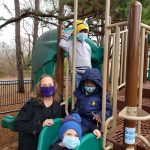


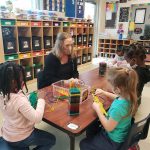


She says there is nothing quite like watching a student light up after learning a new concept.
“When they actually get it, it’s like magic,” she said. “You see their self-esteem grow, their vocabulary grows and then you see them learning pro-social skills and becoming helpers and leaders, and important members of their classroom family.”
Hale has deep experience with the power of public schools. Growing up in the urban center of Baltimore in the 1960’s, she describes her homelife as ‘bleak,’ with an adverse childhood experience score of 9 out of 10.
“I had a really significant amount of early childhood trauma,” Hale said. “Those experiences drove me to really appreciate the educators in my life. They saved my life. They were so influential and so meaningful that I always knew I wanted to pay it back in a sense.”
As a presenter for the district’s series on poverty, trauma, adverse childhood experiences, and equity, Hale shared her personal story of triumph over childhood abuse and neglect which led to the receipt of the district’s Triumph Award in 2019.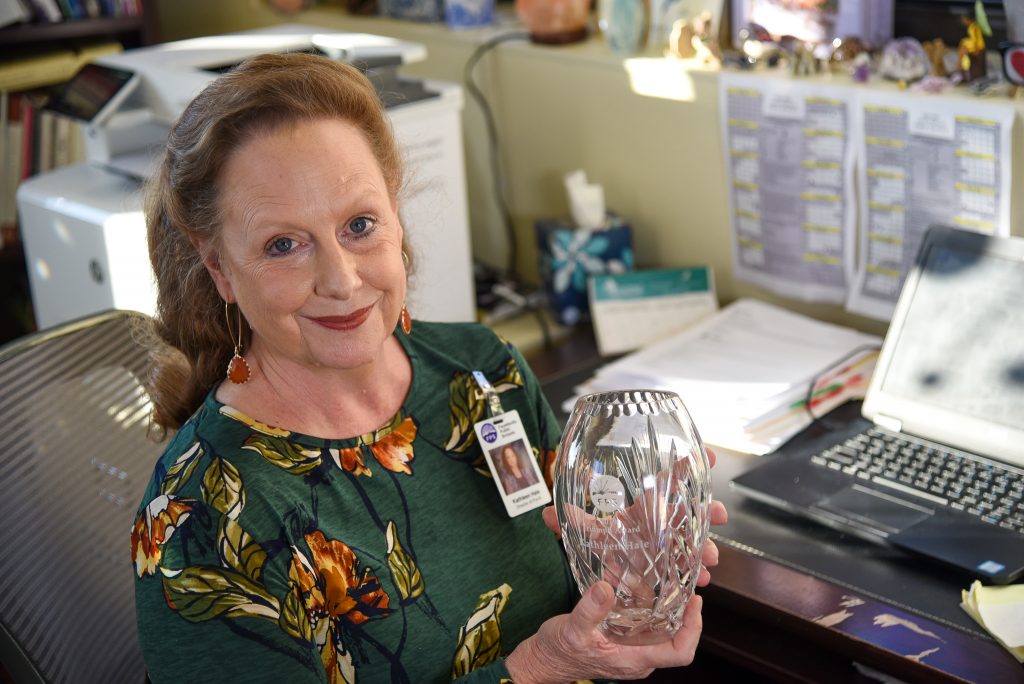


“As I look at the role models that I’ve had, being involved in education in a myriad of different ways has given me the opportunity to really broaden my skillset, and to be able to serve the community,” she said. “They gave me the ability to see beyond the adversity and dream of something better.”
Hale says the research is clear Pre-K can be a change maker for children. Studies show a quality program offers a return on investment that pays off throughout a student’s life even after graduation.
“There’s a lot of research about children in poverty and the number of vocabulary words they know compared to their more affluent peers in addition to longitudinal studies that have shown the efficacy of well-done Pre-K,” she said. “Kindergarten is more rigorous, more academic and Pre-K provides that opportunity to kind of level the playing field and give children an opportunity to have these experiences in a developmentally appropriate way so that they can enter kindergarten at the same level as their peers who may have more advantages.”
Getting students in early also offers an opportunity to identify students who need special services. Hale and her team do initial assessments and screenings that can lead to a seamless transition of services for children so they don’t have to wait for months after entering kindergarten for the first time.
“It is especially profound when we receive a child who has not been identified as needing some special services but clearly becomes eligible,” she said. “There are so many strides that occur when a child gets connected with resources that it can make or break whether they get through kindergarten.”
With such obvious benefits, one would expect universal support for Pre-K, but the state has struggled to fully fund cost of living increases for the state program since it was originally established. Because Pre-K is not part of the state’s K-12 funding formula, Hale is also responsible for securing grant funding each year to keep the Pre-K open. The Fayetteville program’s teachers are certified and on the district pay scale. As a result, the state’s primary Pre-K funding source, Arkansas Better Chance for School Success does not cover the cost of salaries and benefits, let alone other line items.
“My task has always been to find money for all of the other things that we need, for example to be able to feed the children,” she said. “There is a cost associated with that. Curriculum, supplies, consumables, all of those kinds of things; in Pre-K you need a lot of that. To do Pre-K correctly and have the highest level of state quality approval, you can’t skimp on classroom and curriculum.”
In addition, educators need top notch professional development to ensure they are up to date on best practices to help their students prepare for a successful K-12 experience. Over twelve years, Hale’s successful grant applications totaled more than $9,400,000, and the program now has classrooms in 6 elementary schools.
“It’s the big hearts of the community members who see the need,” she said. “I’m very grateful for those collaborations and connections that we’ve been able to form with the district and funders. All of our students meet the state poverty guideline, and many have multiple risk factors, and without this Pre-K experience they would probably not be able to start kindergarten on the same level as perhaps some of the other students who may come from more affluent families.”
Hale said there have been times when she wasn’t sure she would be able to find the funding, but knowing the Fayetteville Education Association and AEA were at the Capitol advocating for public education gave her hope.
“Our FEA and AEA representatives go to the state legislature and they sit in committee meetings and they advocate for educators,” she said. “They’re very articulate, bright, motivated and energetic individuals and they do very important work.”
In addition to the insurance benefits that come with membership, Hale says the AEA offers educators a chance to join with a likeminded group of people.
“There’s a certain camaraderie and a shared experience that probably, especially now during covid, is very important,” she said. “Many teachers are teaching virtually they feel a disconnect and I think being a member of an organization that is in touch with the current realities is affirming and validating and it can be a really good support system as well.”
She hopes her fellow educators with engage with their association as we head into the next legislative session this January because the issues being discussed have a direct impact on our daily lives.
“It’s absolutely crucial to be in touch with what’s happening at the legislature, to know what the issues are,” she said. “I think we would be remiss as educators if we weren’t aware of the issues and if we didn’t stay abreast of the concerns because it affects our children.”
